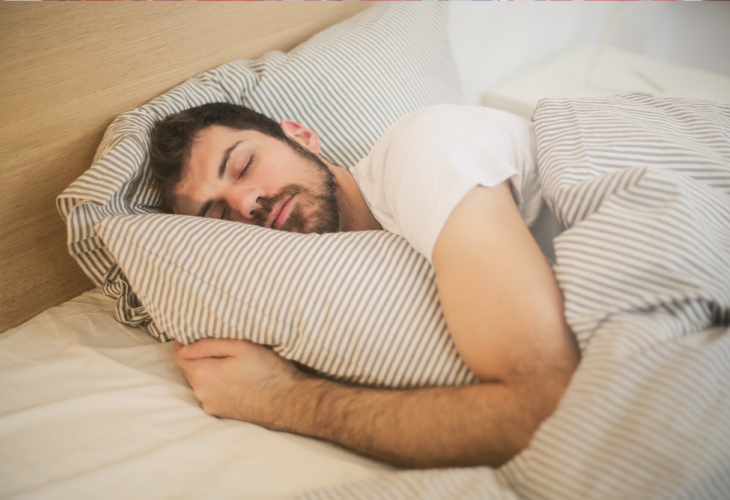The Perfect Sleep: Unlocking the Ideal Bedroom Temperature
Struggling with sleep? Your bedroom temperature might be the key to better rest. Discover what new research reveals about achieving quality sleep without interruptions.

Having trouble sleeping through the night? Turns out, you're not alone. According to the Centers for Disease Control and Prevention, 35% of adults in the United States regularly don't get enough sleep. What counts as enough? If you're clocking in less than seven hours each night, you could be at greater risk for obesity, diabetes, high blood pressure, stroke, heart disease, and depression. The situation might worsen for older adults dealing with sleep disorders.
Most studies on sleep issues focus on the physical and behavioral causes of such problems, although the sleep environment also affects its quality. During the hot summer nights, many Israelis sleep with the air conditioner or fan running, but does this make our sleep better or worse?
A recent study conducted by Dr. Amir Baniassadi from the Hinda and Arthur Marcus Institute for Aging Research found that the most efficient and restful sleep for adults occurs when the room temperature at night is between 68°F and 77°F (20°C to 25°C).
Dr. Uri Elkan, an ENT specialist and sleep physician at Beilinson Hospital, also recommends a sleep temperature slightly above 68°F (20°C). The least interruptions occur when the room is set between 69°F and 72°F (21°C to 22°C). In essence, sleeping in an air-conditioned room is beneficial: "It's been proven that one of the essential conditions for good sleep, including the deep sleep phase, is a proper and even cool room temperature. Too warm and it disrupts deep sleep, not just causing sweating, difficulty falling asleep, and insomnia, but leading to shallow sleep that results in daytime fatigue. Sleep disruptions reduce not only the next day's concentration but also increase risks of high blood pressure and fatal accidents."
In Dr. Baniassadi's study, there was also a noted 5% to 10% decrease in sleep efficiency when room temperatures climbed from 77°F to 86°F (25°C to 30°C).
Dr. Baniassadi remarked, "These findings underscore the potential to enhance sleep quality among adults by optimizing home thermal environments and highlighting the importance of personalized temperature adjustments based on individual needs and circumstances. Additionally, the study emphasizes the potential impact of climate change on sleep quality among adults, especially those with lower socioeconomic status."

